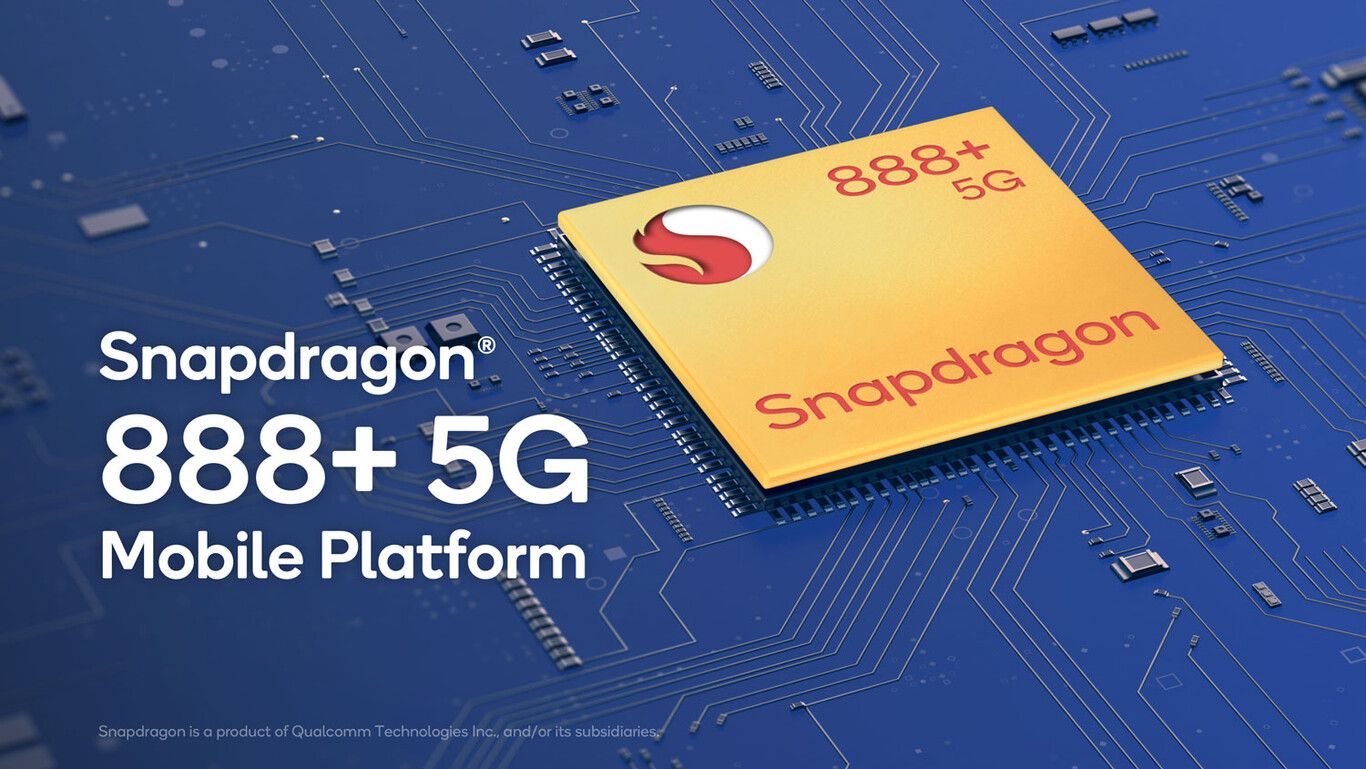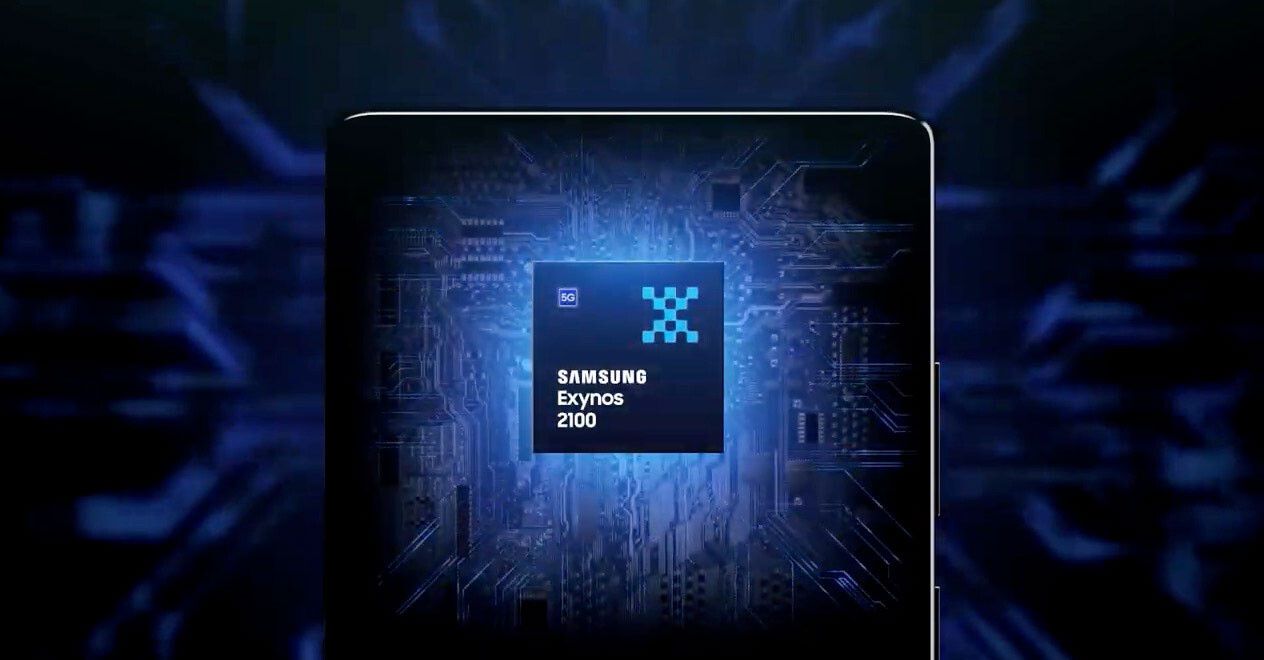Competition in the CPU space is tough, and when it comes to Android smartphones, there are three major players. Qualcomm has Snapdragon processors, Samsung has Exynos chips, and MediaTek has, well, MediaTek chips. Every chipmaker has its own good things it's good at, and also has its own downfalls.
Recently, a new major player joined this list: Google. The Pixel 6 and Pixel 6 Pro were the first to use Tensor, Google's first in-house SoC that's going to power Pixel phones from this point onward. This makes the list of major chipmakers up to four. How do they compare? And does it actually matter what chipset your phone is running?
Snapdragon: The Fan-Favorite
Qualcomm is considered king in Android chips by both reviewers and users alike, thanks to its Snapdragon CPUs. There are many different ranges of Snapdragon chips, each with different performance and meant for different price points.
There's the Snapdragon 800-series, designed for top-notch performance and meant for flagship smartphones, followed closely by the 700-series and the 600-series, meant for mid-range smartphones. The 400-series is equipped in budget, sub $200 phones.
These processors are used by pretty much every major smartphone manufacturer, from the likes of Samsung, Google, Oppo, Xiaomi, and OnePlus. And we can see clearly why that's the case. Snapdragons are consistently top performers compared to other Android chips, whether we're talking about the flagship chips or the mid-range ones.
Qualcomm customizes the standard ARM cores in order to improve their performance, and also makes its own GPU designs under the Adreno umbrella rather than using the standard ARM Mali designs.
And they're also a boon for development, with extensive documentation making the task of porting a custom ROM to a Qualcomm-powered phone much easier than it would be for an Exynos or MediaTek phone (although this advantage is not as big as it once was thanks to Project Treble and GSIs).
Of course, there are also downsides. Qualcomm chips are typically more expensive than their competitors, especially in the flagship department—2020 saw a significant price hike with the Snapdragon 865, which prompted OEMs like Google and LG to use mid-range chips on their flagships instead.
Qualcomm doesn't make smartphones itself, but it licenses its chips to a lot of smartphone manufacturers. And its importance in the Android ecosystem cannot be understated.
Exynos: Surprising Performance
Despite being less seen in the wild than Snapdragon processors, Exynos chipsets are often touted in comparisons as being head to head with Qualcomm's chipsets.
Exynos CPUs are made by Samsung and are used in the company's own phones globally (although Samsung uses Snapdragon in some markets like the US mainly because of the modem). They've occasionally also been seen in phones from other manufacturers like Meizu.
When it comes to performance, Exynos chipsets are typically right within, or even ahead of, an equivalent Snapdragon's performance. This is even more so in the high end. In 2021, the Snapdragon 888 and the Exynos 2100 were the top performers, with both chips managing to outperform each other in different scenarios.
The same story happened in the previous generation, with the Snapdragon 865 and the Exynos 990. They both compete against each other, and often, there's no clear winner.
Samsung uses more generic CPU/GPU designs than Qualcomm, but Samsung is occasionally not afraid of bringing out the big guns. At some point, we might even see it using Radeon GPUs in its chips.
They're also often cheaper than Snapdragon alternatives—this can be seen when looking at the price difference between the Snapdragon and Exynos variants of otherwise identical Samsung phones.
MediaTek: Solid Mid-Range (and Low Cost)
MediaTek doesn't always get the love it deserves, but it's easy to see why sometimes. MediaTek is a Taiwanese chipmaker, and just like Qualcomm, it sells chips to other OEMs.
MediaTek chips have been used by a lot of OEMs, including some big names. Even Samsung has used MediaTek chips, and the list is joined by companies from the likes of Xiaomi, OnePlus, Oppo, and many more.
While Qualcomm is often considered the king of the Android CPU market, MediaTek low-key holds the sales crown. In terms of market share, MediaTek chips are used in 43% of smartphones worldwide. By contrast, Qualcomm only has 24%, which is still significant but pales in comparison.
MediaTek has a bad reputation in the eyes of some Android enthusiasts, though, since it's often chosen to power lower-end, very slow, and very cheap phones. And yeah, maybe some are slow.
But looking at the mid-range and high-end offerings from MediaTek, comprised in the company's flagship Dimensity lineup, as well as some Helio chips, they're actually very respectable CPUs. They'll probably perform as well as an equivalent Snapdragon-powered phone for a fraction of the cost.
Tensor: Bring In the Newcomer
Google is a new company to chipmaking. The Google Tensor was released this year and power the Pixel 6 and Pixel 6 Pro. And as Google's first chips, they have a long way to go before the full Google silicon potential can be realized. But they do have a few unique things going for them.
Among them is their focus on AI, machine learning, and security, thanks to the Titan M2 chip. Every component of the chip has Google's AI smarts on it, even going so far as to including AI co-processors on its phones.
The chip itself also manages to trade bouts with the strongest CPUs in the market, going head to head with the Snapdragon 888 and the Exynos 2100—even if the Tensor does fall behind at times.
Google has a long way to go still. The CPU isn't even fully in-house, as evidence has arrived that the company might have had some help from Samsung. That's no biggie—Apple also started out with what was essentially Samsung silicon. It does make us excited for the future, though.
Which One Should I Get?
There's no right or wrong answer here. The thing is, it doesn't really matter which CPU brand you have. They're all great within their own right, and there's probably no right true winner in a fair fashion. However, if we start to get into specific aspects, now the answer varies a bit.
If you're looking for the absolute best performance, it's either at Qualcomm or Exynos, but if you want an open device that's easily moddable, Snapdragon is probably the better choice.
If you're looking at mid-rangers, Snapdragon is also a good option, but you can also look at options from MediaTek and still get an amazing deal. Finally, if you're a Google fan, you won't be disappointed by the Tensor in the Pixel 6.
All Android Chips Are Fine
Ultimately, it doesn't matter what chipset brand your phone is using. What matters are the actual specs of the silicon in your phone. If you're searching for a device, make sure to look for objective comparisons between its specific chipset and the differences with its competitors, and make an educated choice from there.
The Android family is diverse—it's not about the hardware inside, it's all about the software.





